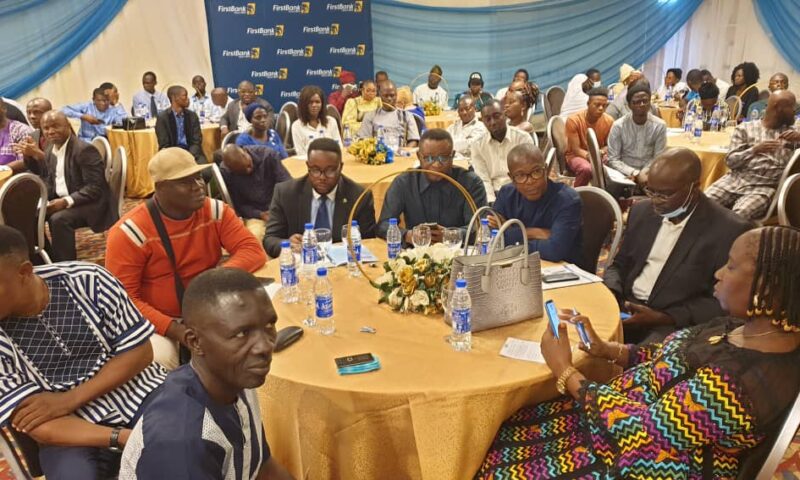New security outfit will raise investments in free zones – NEPZA
By Favour Nnabugwu
The Nigeria Export Processing Zones Authority (NEPZA) says the newly inaugurated Special Economic Zone Security (SEZSEC) outfit will cause an upsurge of investments in the zones.
The Managing Director of NEPZA, Prof. Adesoji Adesugba, said this at the passing-out ceremony of 40 officers of the SEZSEC, on Saturday in Lagos.
The the one-month training, was carried out in collaboration with the Department of State Services (DSS).
According to Adesugba, the outfit was borne out of the need to further strengthen the existing security architecture and provide adequate security to lives and properties in the free zones.
Adesugba, who was represented by Dr Oyesola Oyekunle, Director Finance and Accounts, said the authority suffered its share of the poor security situation when hoodlums invaded the Tinapa Free Zone in Calabar and a lot of investments were lost.
He said the outfit would create a safe and secure environment for the zones’ employees, facilities, contracted service providers, members of the public, the special economic zones and NEPZA resources.
“It is no gainsaying that this singular action will cause an upsurge of investment into the zones as investors look to invest in places where their invest will be secured,” he said.
Adesugba, however said the outfit was not created to dislodge the existing zones’ security structure rather it was established to reinforce the collaborative force of sister security services.
Otunba Niyi Adebayo, Minister of Industry, Trade and Investment, lauded the creation of the SEZSEC unit, adding that the decision was apt to secure and keep the special economic zone (SEZ) safe and give confidence to investors.
Adebayo, represented by Babagana Alkali, Director Policy Planning, Research and Statistics, tasked NEPZA to make the zones more attractive to investors, provide high quality infrastructure and be a one-stop shop that would positively impact the economy.
He said the Federal Government offers a number of economic incentives that would attract foreign companies to operate in the SEZs.
These incentives included: full tax holidays for three consecutive year; duty free importation; hundred percent repatriation of capital, profits and dividends; exemption from all import and export licenses; land is rent free for the first six months for any construction project undertaken in the zone.
Mr Salami Ajege, Commandant, States Services Academy (SSA), said the security outfit was expected to gather intelligence that would help combat economic sabotage, boost trade and other related activities wherever they were deployed.
Ajege said to achieve their mandate, the unit would need to ensure professionalism in the discharge of their duties and responsibilities.
He urged them to be smart, diligent, determined to succeed, discreet with information and be ever ready to confront challenges they will be faced with in discharging their duties.
“For no reason whatsoever should you become vulnerable to be used against national interest or national security,” he said.
Also, the Comptroller-General of Nigeria Customs Service, Col. Hameed Ibrahim Ali (rtd) urged the team to learn the rules that guide other government organisations they would work with to avoid stepping on each others toes.
Ali, who was represented by Catherine Ekekezie, Deputy Comptroller-General in-charge of Excise, Free Trade Zones and Industrial Incentives Department, cautioned the personnel against going on a “one-man patrol” to avoid running into trouble.




